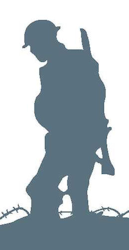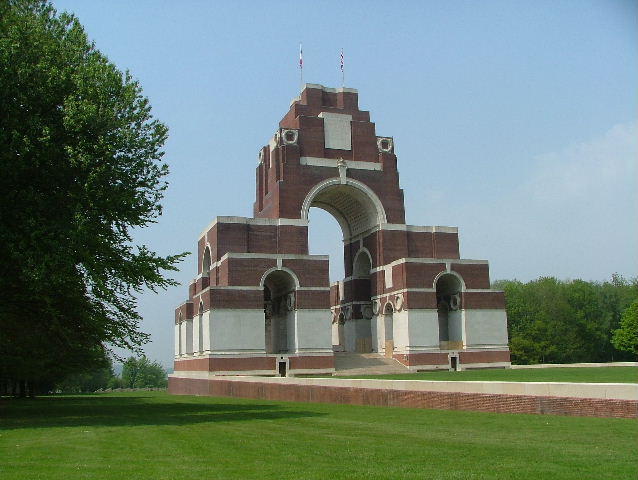Name
William Oscar Littlewood
Conflict
First World War
Date of Death / Age
15/07/1916
21
Rank, Service Number & Service Details
Private
STK/1045
Royal Fusiliers *1
10th Bn.
'D' Coy.
Awards: Service Medals/Honour Awards
1914 /15 Star, British War and Victory medals
Cemetery/Memorial: Name/Reference/Country
THIEPVAL MEMORIAL
Pier/Face 8C.
France
Headstone Inscription
NA
UK & Other Memorials
Stevenage Old Town Memorial, St Nicholas' Church Memorial, Stevenage Old Town, Holy Trinity Church Memorial Roll of Honour, Stevenage Old Town, Not on the Hadley Wood memorials
Pre War
William was born in Hadley Wood, Hertfordshire, the son of Edward William & Priscilla Mary Littlewood. The family later moved to a house named Hadleycote in Stevenage, and William was sent to St Lawrence College, Ramsgate, to further his education.
Wartime Service
William arrived in France with his Battalion on the 31st July 1915. He served for almost a year on the Western Front.
The Battalion were given orders to support an attack on the village of Pozieres and at 9am on the 15th July 1916 they set off from an area known as Sausage Valley. Prior to their assault there had been a very heavy artillery bombardment in an effort to clear the area of German troops. However, the Germans were very well dug in to their positions and the barrage had little effect on them. As the British troops approached they were met with very heavy machine gun fire and, despite some gallant efforts, they were eventually forced to call off their initial attack. A Battalion HQ had been set up in a chalk pit on the road between Baliff Wood and Pozieries and it was here that the British commanders decided to attempt a further assault on the village. Initially, there would be a heavy artillery barrage to “soften up” the German defences then a rocket would be fired to signal the infantry assault. At 5pm the artillery barrage rained down on the tiny village causing complete devastation. However, the German troops again survived the assault in their fortified positions and were soon in place once the barrage had lifted. Unfortunately, the rocket flares had become damp and would not ignite and subsequently some of the British troops moved off whilst others remained in place, still awaiting the signal. This delay resulted in the attack becoming disjointed and the Germans brought devastating machine gun fire to bear on the assaulting troops, resulting in very heavy casualties.
The attack failed, and the men of the Battalion began to drift back to a position at Tara Usna Hill, but it was not until 2am on the 16th July that the last men reached this point. William has no known grave and his name is recorded on the Thiepval Memorial, Somme, France.
Additional Information
*1 Also unofficially known as the Stockbrokers Battalion.
Acknowledgments
Paul Johnson



